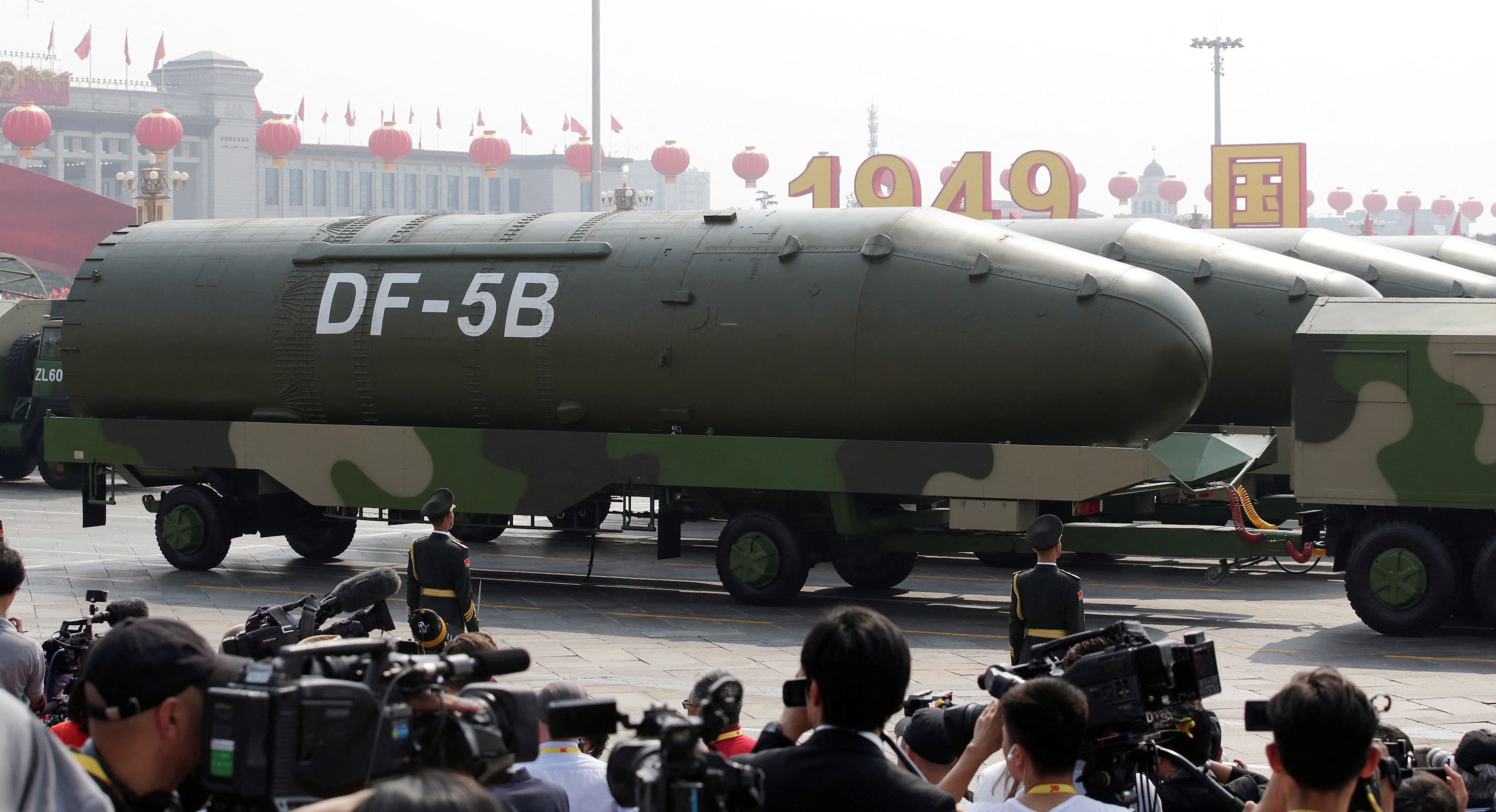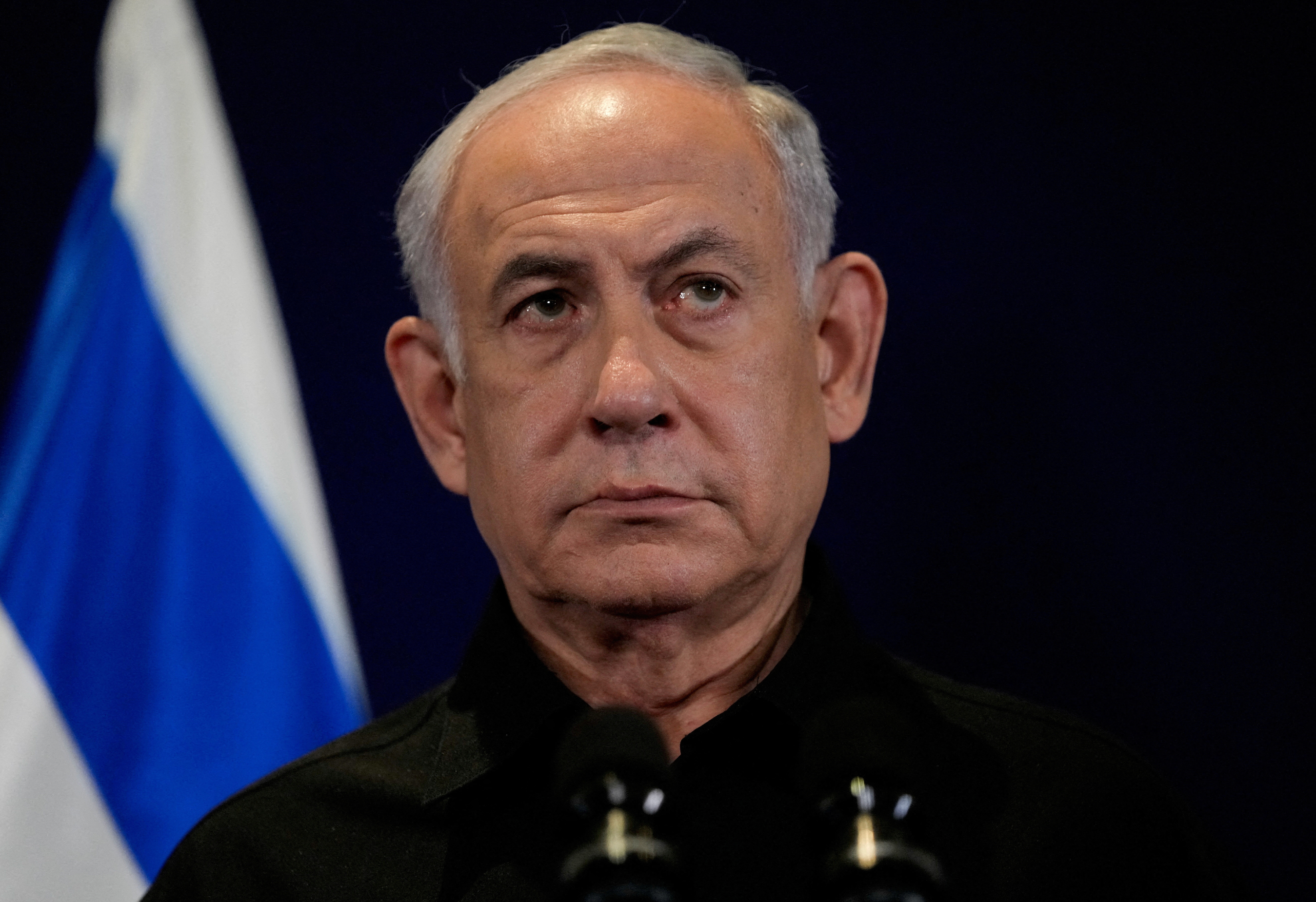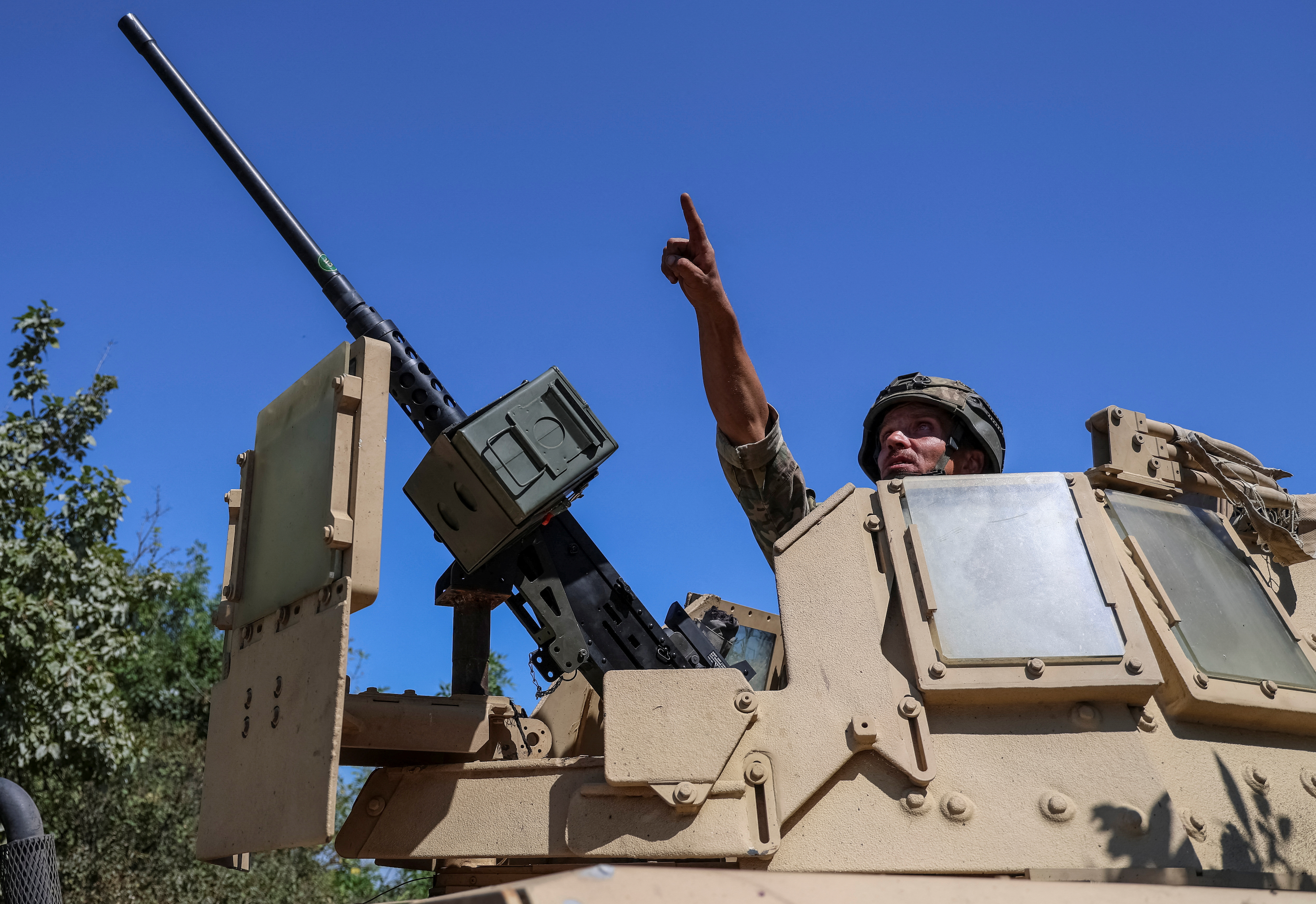
China now has over 500 nuclear warheads, Pentagon says
PHOTO CAPTION: Military vehicles carrying DF-5B intercontinental ballistic missiles travel past Tiananmen Square during the military parade marking the 70th founding anniversary of People's Republic of China, on its National Day in Beijing, China October 1, 2019. REUTERS/Jason Lee
By Idrees Ali
WASHINGTON (Reuters) - China has more than 500 operational nuclear warheads in its arsenal and will probably have over 1,000 warheads by 2030, the Pentagon said in its annual report on Beijing's military that was released on Thursday.
Despite the growing number of China's nuclear weapons, they are still much lower than what Russia and the United States have.
The United States has a stockpile of about 3,700 nuclear warheads, of which roughly 1,419 strategic nuclear warheads were deployed. Russia has about 1,550 nuclear weapons deployed and according to the Federation of American Scientists, a stockpile of 4,489 nuclear warheads.
In the wide ranging report, the Pentagon said China's more than 500 warheads as of May 2023 were on track to exceed projections.
In a previous report, the Pentagon estimated that Beijing had more than 400 operational nuclear warheads in 2021.
"We see the PRC (People's Republic of China) continuing to quite rapidly modernize and diversify and expand its nuclear forces," a senior U.S. official told reporters during a briefing on the report.
"What they're doing now if you compare it to what they were doing about a decade ago, it really far exceeds that in terms of scale and complexity," the official said.
The report added that China's Navy had more than 370 ships and submarines, up from the 340 ships they had last year.
The expanding naval force is central to President Xi Jinping's bid to make China the preeminent military power in the region and Beijing already has the largest Navy in the world.
The report reiterated concern about pressure by Beijing on self-ruled Taiwan, an island China sees as a breakaway province.
Relations between China and the United States have been tense, with friction between the world's two largest economies over everything from Taiwan and China's human rights record to its military activity in the South China Sea.
But Washington has been eager to revive military-to-military communications with China.
Last week the Pentagon said it had accepted an invitation to attend China's top annual security forum in late October, the latest sign of potentially warming ties between the two countries' militaries.
(Reporting by Idrees Ali; Editing by Sandra Maler)









